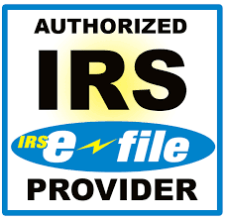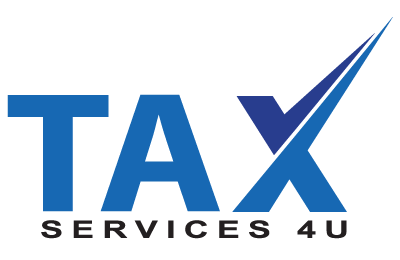Keys to Successful Tax Preparation

Keys to Successful Tax Preparation
Successful tax preparation requires planning and organization. Keep a detailed record of your income and expenses, understand the deductions you are entitled to, and make sure to submit all necessary documentation in a timely manner.
1. Keep Detailed Records
It is essential to keep accurate records of all your income and expenses throughout the year. Use digital tools such as accounting apps or financial management software to make this process easier. Organize your receipts and invoices by categories so it is simpler to find the information when you need it.
2. Understand Deductions
Research and understand the tax deductions available to you. Both personal and business-related deductions can significantly reduce your tax burden. Common deductions include medical expenses, mortgage interest, and charitable donations.
3. Organize Your Documentation
Gather and organize all the necessary documentation before starting the tax preparation process. This includes W-2 forms, 1099 forms, medical expense receipts, bank statements, and any other relevant documents. Having all these documents readily available will make the preparation easier and reduce the risk of errors.
4. Plan Ahead
Planning ahead is essential for smooth tax preparation. Take time to review your income and expenses quarterly, adjust your withholdings if necessary, and stay informed about any changes in tax laws that may affect you. This proactive approach will help you avoid last-minute surprises and optimize your deductions.
5. Consult a Professional
If your taxes are complex or if you don’t feel confident handling everything on your own, consider consulting a tax preparation professional. Experts can help you identify deductions and credits you may not be aware of and can ensure that your return is accurate and complete.
6. File on Time
Make sure to file your taxes before the deadline to avoid penalties and late fees. If you need more time, you can request an extension, but remember that this only gives you more time to file the return, not to pay any taxes owed.
7. Review and Verify
Before submitting your return, review all the information to ensure it is correct. A small error can result in delays or audits.
By following these steps, you will be better prepared to face tax season with confidence. Planning and organization are key to successful tax preparation and can help you maximize your deductions and minimize stress.
Other Services
Do You Need Help With Your Personal Taxes?
Free Consultation


Who Does Your Taxes Is Crucial
We guarantee trust, security, convenience, and savings.
We Simplify Your Tax Process
Initial Consultation
We review your financial situation and gather the necessary information to understand your needs and goals.
Preparation and Analysis
We prepare and analyze your financial documents, identifying opportunities for savings and tax optimization.
Peace of Mind and Results
We implement the agreed strategies, allowing you to enjoy the peace of mind that comes with optimized and well-managed finances.
Tax Services 4U by the Numbers.
Years of Experience
Satisfied Clients
Answers to Your Common Questions
In this section, you will find detailed answers to the most common questions about our tax and financial services. Our goal is to provide you with the information you need to feel confident and well-informed about how we can help you manage and optimize your finances. If you have any other questions, please don’t hesitate to contact us.
To prepare your taxes, you will need documents such as W-2s, 1099s, receipts for deductible expenses, additional income information, and forms related to investments or properties. Consult with one of our tax advisors.
The deadline for filing federal taxes in the United States is generally April 15th. However, this can vary if that date falls on a weekend or holiday. Check the IRS website for the exact date each year.
Yes, you can deduct medical expenses that exceed 7.5% of your adjusted gross income. This includes payments to doctors, hospitals, medications, and other qualified medical services. Consult with your tax advisor to determine if your expenses qualify.
To maximize your tax refund, make sure to take advantage of all available deductions and tax credits, such as education credits, medical expenses, and retirement contributions. A tax advisor can help you identify all opportunities to maximize your refund.
If you cannot pay your taxes on time, you should file your return by the deadline to avoid late filing penalties. You can request a payment plan from the IRS to spread your tax debt into manageable monthly payments.
Selling a property can have significant tax implications. You may be subject to capital gains taxes. However, there are exclusions for the sale of a primary residence if you meet certain requirements. Consult with your tax advisor to understand how the sale will affect your tax situation.
